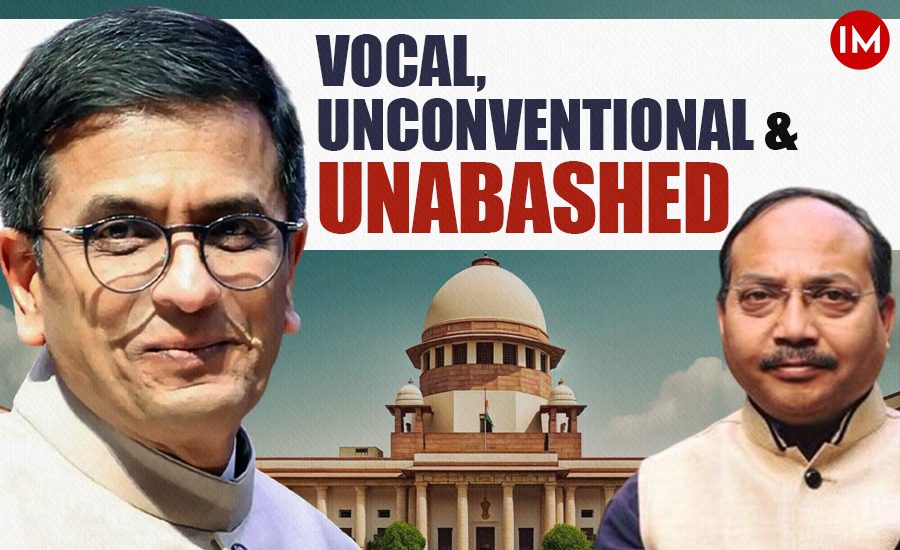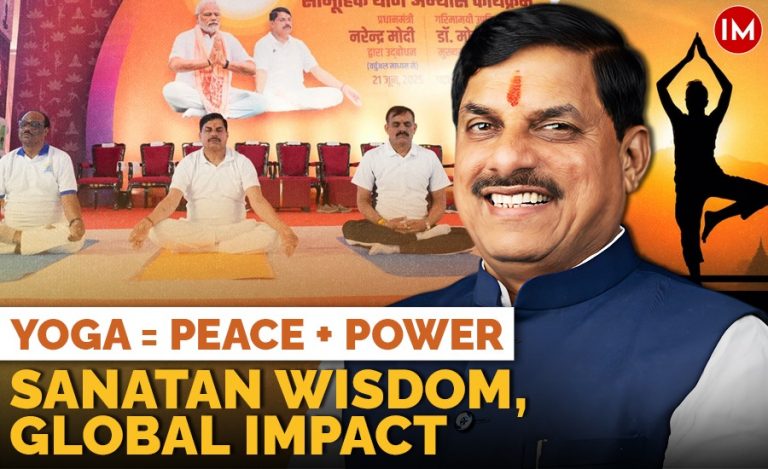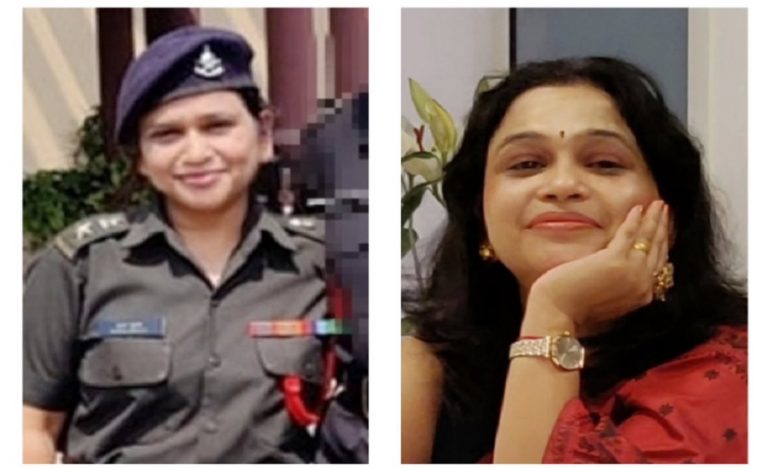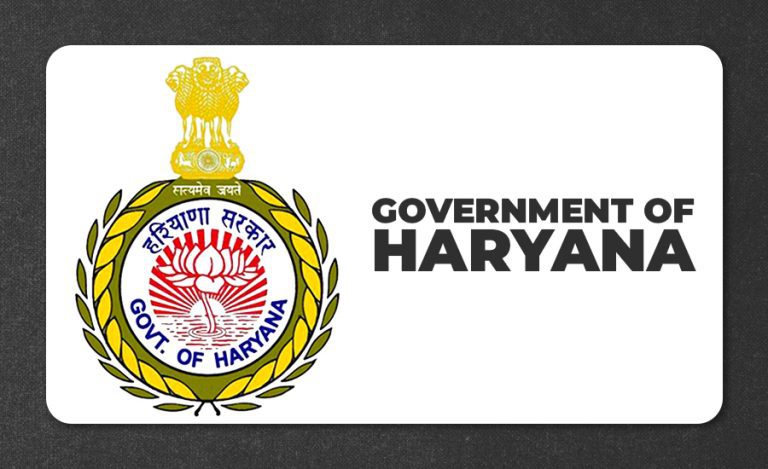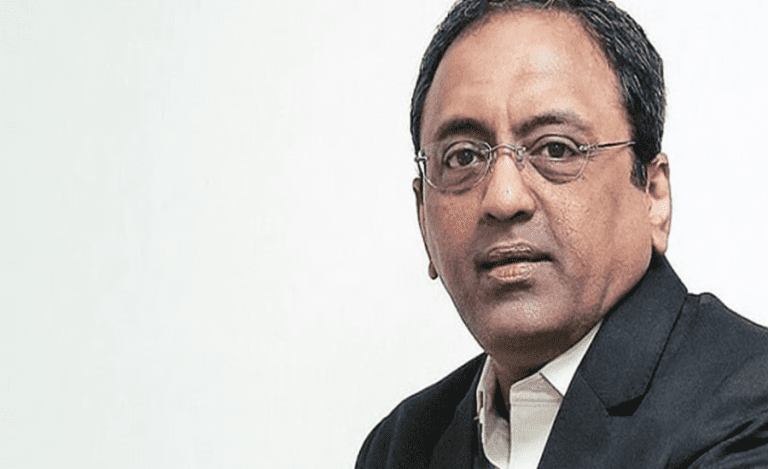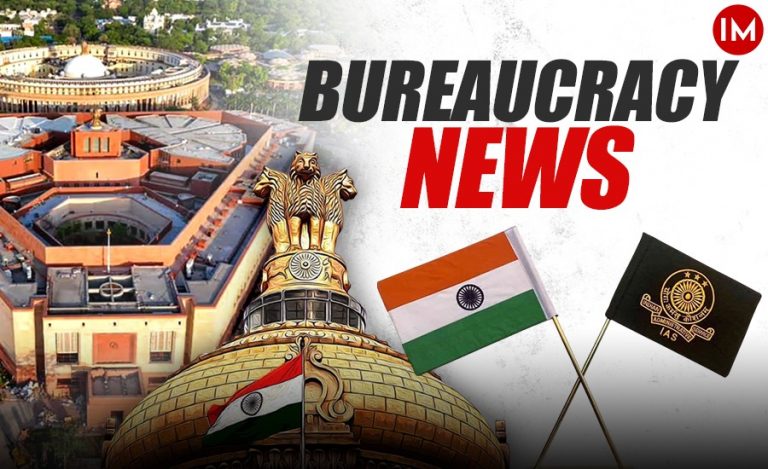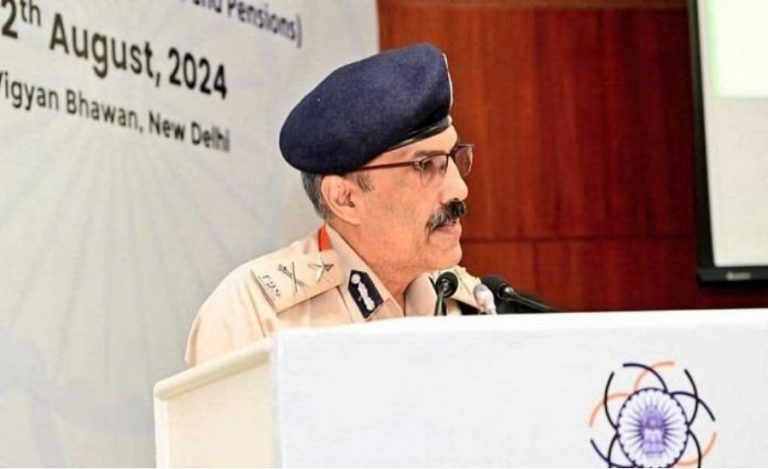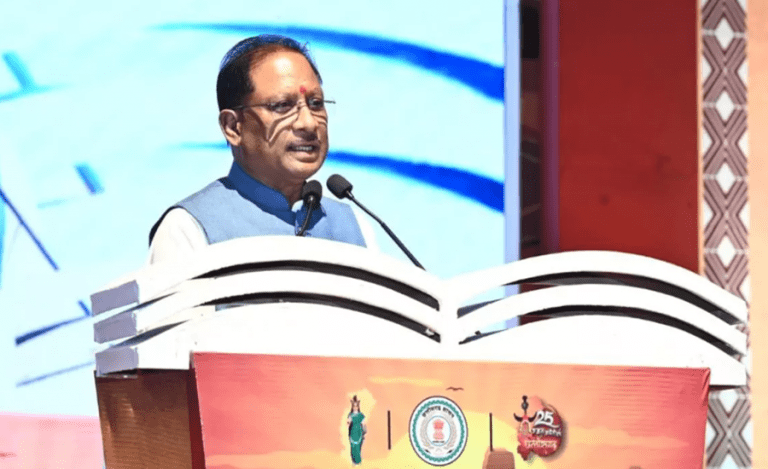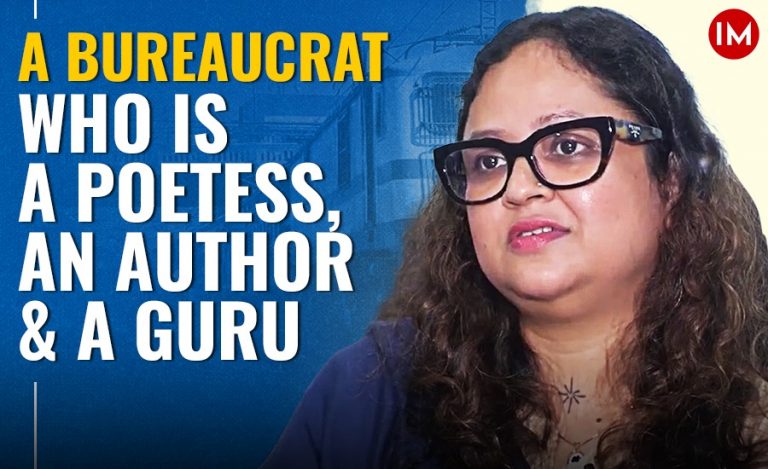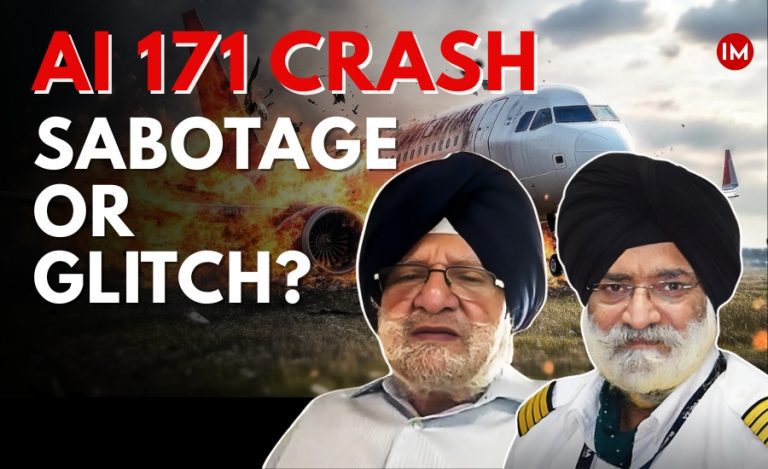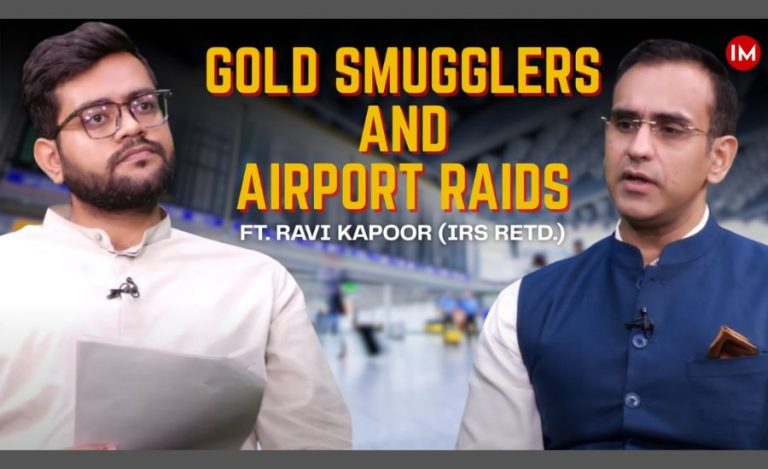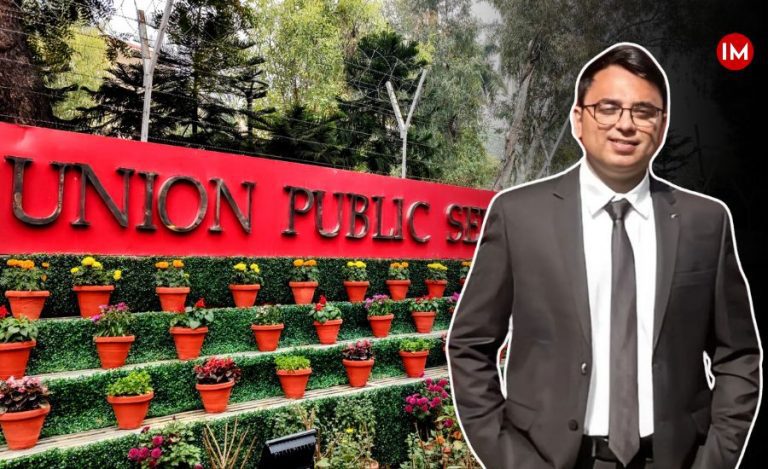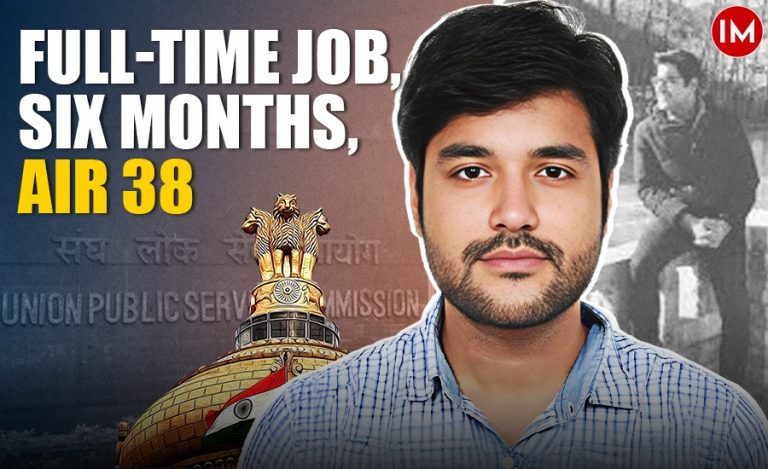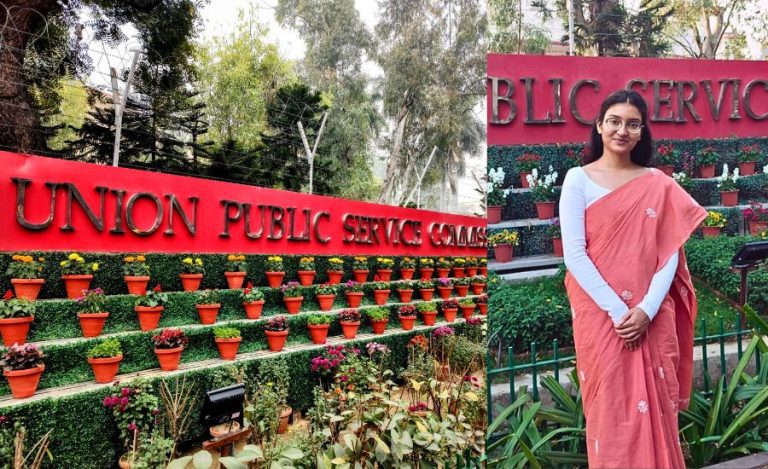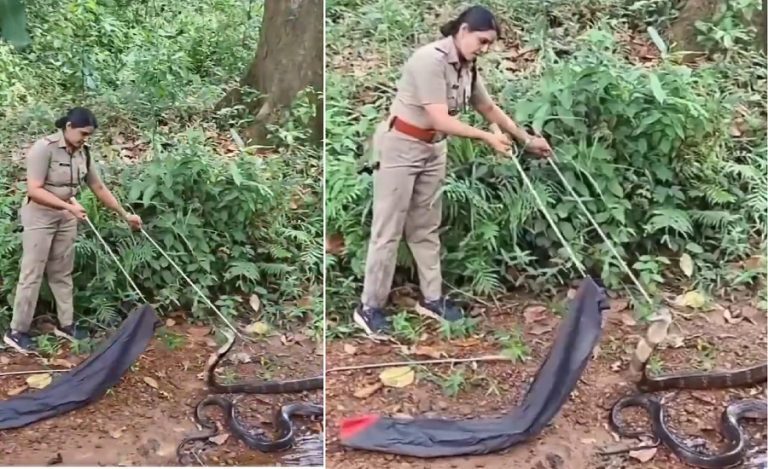On August 22, 2017, a five-judge Constitution Bench, led by Chief Justice Khehar, was about to deliver the verdict on the constitutional validity of instantaneous Triple Talaq. Journalists had to rush out to ‘break the news’ with phones prohibited in the courtroom. Chief Justice Khehar was the first to pronounce his judgment. “We have arrived at the conclusion that ‘talaq-e-biddat’ is a matter of ‘personal law’ of Sunni Muslims. It constitutes a matter of their faith. They have practiced it for at least 1400 years. We have also come to the conclusion that the practice, being a component of ‘personal law’, has the protection of Article 25 of the Constitution. Religion is a matter of faith, not of logic,” is how he started. This was hinted enough for TV journalists to run out and convey breaking news to their respective studios. Seconds later, TV screens flash the breaking news: SUPREME COURT UPHOLDS THE CONSTITUTIONAL VALIDITY OF TRIPLE TALAQ. But that was a false alarm. The Supreme Court had, in fact, struck down triple talaq by a 3:2 majority, where Justice Khehar (the first to pronounce his judgment) had dissented on behalf of himself and Justice Nazeer, while the other three judges—Justices Kurian Joseph, Rohinton Nariman, and UU Lalit—had by a majority found the practice to be unconstitutional. But many media organizations got it wrong because journalists, handicapped without their phones, jumped the gun.
LIVE STREAMING
Cut to 2022. Soon after Justice DY Chandrachud took over as Chief Justice of India, he allowed live streaming of all cases from the SC—a historic step. Just a few years ago, when journalists weren’t allowed to take mobile phones into the courtroom, court proceedings were accessible at the touch of a button on every citizen’s mobile phone. The judicial transparency is almost fully in place. While many of Justice Chandrachud’s predecessors contributed to this progress, the former stood by his decisions.
Justice Chandrachud’s two-year stint as CJI came to a close on November 9 when he retired from the office, paving the way for Justice Sanjiv Khanna. Incidentally, both come from judicial families. While Chandrachud’s father, YV Chandrachud, was the longest-serving Chief Justice of India, Khanna’s uncle, HR Khanna, was a Supreme Court judge who had delivered the lone dissenting judgment in 1976 on the suspension of civic rights during an emergency. All four judges, including then CJI AN Ray, MH Beg, PN Bhagwati, and of course, YV Chandrachud, have adjudicated that Indira Gandhi’s government was right in abrogating even the fundamental rights enshrined in the Constitution of India, like the right to life and liberty, during a period of national emergency. Nine months after this judgment, Indira Gandhi superseded him and made Justice MH Beg the next Chief Justice of India.
IN FATHER’S FOOTSTEPS?
If his father faced so much criticism for towing then Prime Minister Indira Gandhi’s line, DY Chandrachud was trolled for inviting incumbent Prime Minister Narendra Modi to his residence for Ganesh puja. The photos and videos of the puja splashed all over social media seemed to have erased whatever goodwill he had earned for his upright verdicts, sometimes even putting the government in the dock.
As if that was not enough, Justice Chandrachud was also criticized for handing over almost every politically sensitive case to a particular bench headed by Justice Bela Trivedi, who is often accused of being soft towards the Modi government. She had served the Gujarat government as law secretary when Modi was chief minister of the state, and she was promoted to High Court judge in 2016 when Modi became the PM.
These cases included JNU student Umar Khalid’s bail plea, petitions challenging provisions of the Unlawful Activities Prevention Act (UAPA) 1967, a petition connected with the Central Bureau of Investigation’s (CBI) probe in a disproportionate assets case against deputy chief minister of Karnataka D K Shivakumar, and the bail application of AAP Leader Satyendar Jain. In response, Chandrachud said on 15 December that Trivedi was given cases because Judge A. S. Bopanna was ill, stating: “It is very easy to fling allegations and letters.”.
LEGALISING MAJORITARIANISM
In an article summing up Justice DY Chandrachud’s tenure as CJI, well-known columnist Pratap Bhanu Mehta wrote, “If a casting director had chosen a chief justice for the Age of Modi, she would not have found a better candidate. This is an age that is characterized by authoritarianism and communalism. Just as PM Modi brilliantly used the democratic form to institutionalize these ends, Justice Chandrachud followed the form of liberal constitutionalism to achieve the same ends: consistently legalizing majoritarianism.
However, Justice Chandrachud granted bail to another AAP leader and Delhi Chief Minister, Arvind Kejriwal. On the day he was to retire, he pronounced a judgment—November 9, 2024—he headed the bench that banned the unbridled use of bulldozers by the Yogi Adityanath government to raze private properties as a way to dispense instant justice. “Bulldozer justice is simply unacceptable under the rule of law. If it were to be permitted, the constitutional recognition of the right to property under Article 300A would be reduced to a dead letter,” the judgment stated. After finding that the house was demolished without following the due procedure, the court orally dictated an order directing the state to pay an interim compensation of Rs 25 lakhs to the petitioner.
MAJOR CASES
In 2018, a SC bench comprising Justice Chandrachud ruled that “lynching is an affront to the rule of law and the exalted values of the Constitution.” The Court issued guidelines including extensive preventive, remedial, and punitive measures to combat mob lynching. The Court directed States to prepare a lynching/mob violence victim compensation scheme in light of Section 357A of the CrPC within a month from the judgment.
Chandrachud may be judged favorably or unfavorably, but he has always been vocal and open about his priorities and choices. He has been unconventional and unabashed. He gave a full-page interview to a newspaper the day before he was supposed to take over as CJI. He has been giving interviews to every media house that has asked him for it after his retirement. The saying that judges should keep away from the public and the media is passé now.

